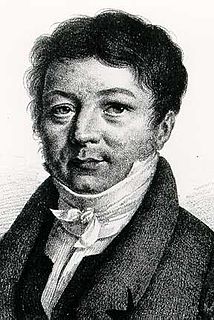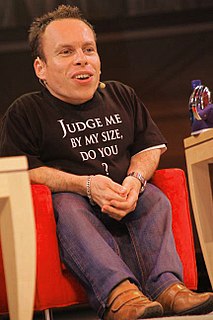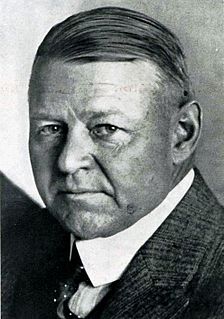A Quote by Francois Magendie
In the actual condition of medical science, the physician mostly plays the part of simple spectator of the sad episodes which his profession furnishes him.
Related Quotes
Many good Christians are confused about complex social issues of our day, such as doctor-assisted death or medical research which uses stem cells from human embryos. They wonder, 'Why shouldn't science use discarded fetuses for research?' And if someone finds his medical condition intolerable and hopeless, 'why shouldn't he have the legal right to end his life?' Although the Bible does not address these issues in particular, it does provide guiding insights.
It's part of a writer's profession, as it's part of a spy's profession, to prey on the community to which he's attached, to take away information - often in secret - and to translate that into intelligence for his masters, whether it's his readership or his spy masters. And I think that both professions are perhaps rather lonely.
However intense my experience, I am conscious of the presence and criticism of a part of me, which, as it were, is not a part of me, but a spectator, sharing no experience, but taking note of it, and that is no more I than it is you. When the lay, it may be the tragedy, of life is over, the spectator goes his way. It was a kind of fiction, a work of the imagination only, so far as he was concerned.
It is only in his work that an artist can find reality and satisfaction, for the actual world is less intense than the world of his invention and consequently his life, without recourse to violent disorder, does not seem very substantial. The right condition for him is that in which his work in not only convenient but unavoidable.
One farmer says to me, "You cannot live on vegetable food solely, for it furnishes nothing to make the bones with;" and so he religiously devotes a part of his day to supplying himself with the raw material of bones; walking all the while he talks behind his oxen, which, with vegetable-made bones, jerk him and his lumbering plow along in spite of every obstacle.
In a word, I consider hospitals only as the entrance to scientific medicine; they are the first field of observation which a physician enters; but the true sanctuary of medical science is a laboratory; only there can he seek explanations of life in the normal and pathological states by means of experimental analysis.
































